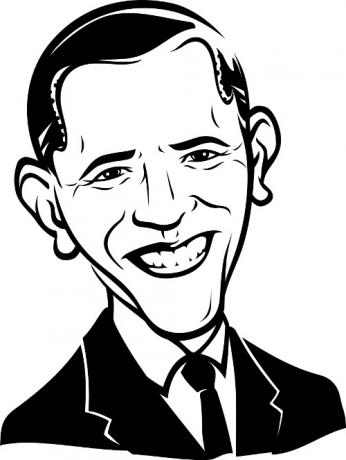Throughout the Middle Ages, the French territory suffered from the process of political defragmentation caused by the rise of feudalism. It was only in the 12th century, still during the Capetingian dynasty, that the process of French political centralization was initiated by King Philip II. Using the conflicts against the British for control of northern France, this monarch managed to form a large army supported by taxes collected throughout the national territory.
The formation of this imposing army and the victory against the British allowed the expansion of royal political power. From then on, the French king created an articulate corps of civil servants who were to impose royal authority in opposition to feudal lords. At the same time, the bourgeoisie began to provide large amounts for the king to guarantee the freedom of cities through of a franchise letter, a document granted by the monarch himself that freed urban centers from taxation feudals.
During the rule of King Louis IX, the royal power was expanded with the creation of legal institutions subordinated to national laws and the commercial economy was strengthened with the institution of a single currency national. Later, in the government of Filipe IV, the Beautiful, monarchic authority was already a present reality. In 1302, the assembly of the States General – composed of the clergy, the nobility and the merchants – was created with the aim of reaffirming the king's political action.
Through this body, King Philip IV was able to impose taxes on Church properties. The action of the French monarch was immediately rebuked by Pope Boniface VIII, who threatened the king with excommunication. With the death of the pope, Philip IV intervened in order for the French Cardinal Clement V to be chosen as pope and, in addition, forced the Vatican headquarters to be transferred to the city of Avignon. In the following decades, this episode marked a rift between the French state and the Church known as the “Captivity of Avignon” or “Schism of the West”.
At this point, the supremacy of French monarchical authority seemed no longer to have any obstacles. However, fiscal and territorial disputes with England inserted the French state into the long and painful conflicts that marked the Hundred Years War. Throughout the fourteenth century, spending on war and social unrest arising from the Black Death and peasant revolts undermined the monarchical supremacy. It was not until the next century that a series of popular uprisings succeeded in disrupting the British's successive victories in war.
It was in this context that the mythical figure of Joan of Arc emerged, a humble peasant daughter who led several fights against England, claiming to comply with divine orders. These victories politically strengthened Charles VII, who was crowned King of France and reorganized the military reaction against the British. Even though it was burned in 1430, accused of heresy, Joan's heroic deeds helped the French to re-engage in the fight.
In the year 1453, King Charles VII completed the process of expelling the British from French territory and began to command with broad powers. With the support of the big bourgeois, he centralized the national government, created new taxes and financed the institution of a standing army. From then on, France became the ultimate example of royal European absolutism.
By Rainer Sousa
Graduated in History
Source: Brazil School - https://brasilescola.uol.com.br/historiag/formacao-monarquia-nacional-francesa.htm


